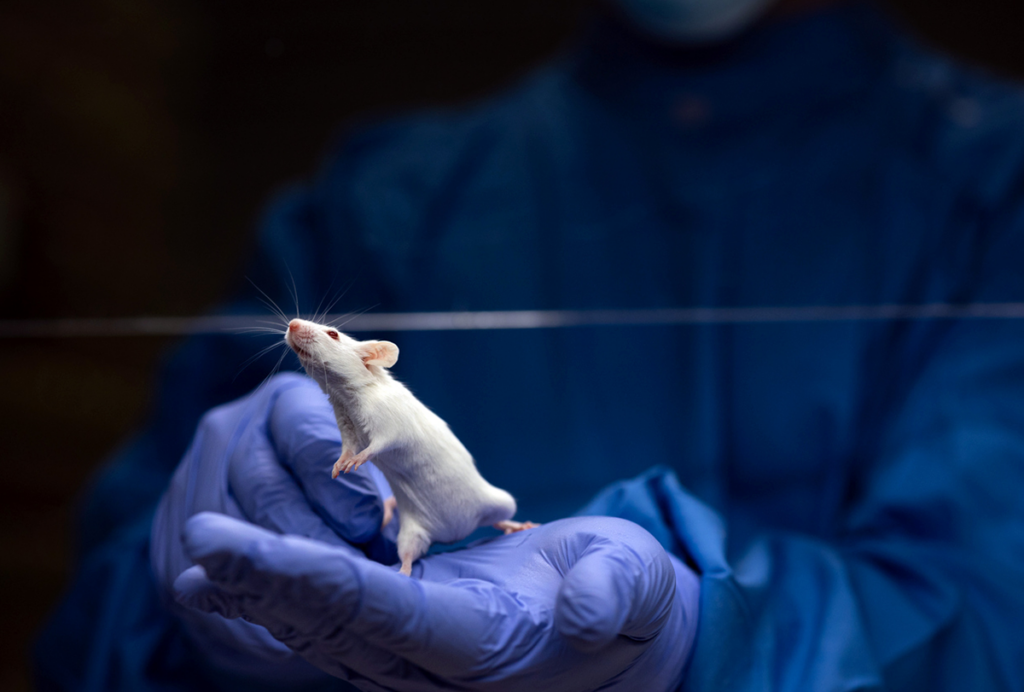Biased backing; wonder woman; retirement plan
Scientists from some minority groups are less likely than their white counterparts to win a grant, autism researcher Uta Frith is on a list of 100 amazing women, and research chimps go into retirement.
- Researchers from several different minority groups are all less likely than their white counterparts to win a grant from the National Institutes of Health (NIH), according to an analysis of funding trends obtained by Nature and reported by the journal on Tuesday.
The likelihood of receiving NIH grants has decreased across the board over the past 30 years. But African Americans, Native Americans, Native Hawaii
ans, Pacific Islanders and Asians are consistently 10 to 20 percent less successful than their white and mixed-race peers, according to the analysis.
“It raises the question in all of us as to the root causes of these disparities,” David Burgess, professor of biology at Boston College and lead investigator of the National Research Mentoring Network, told Nature.
- Peer review is a pillar of scientific research. But a new study highlighted this week in Science suggests women are underrepresented in the peer-reviewer pool.
Researchers tracked the gender of peer reviewers for the journal Functional Ecology between 2004 and 2014 and found that male editors chose female reviewers less than 25 percent of the time. Female editors, by contrast, chose female reviewers more than 30 percent of the time. Not surprisingly, as the number of female editors at the journal increased over the 10-year study, so did the ranks of female reviewers.
Although the findings hail from the world of ecology, they should resonate across all fields, few of which are spared from science’s gender bias.
- The BBC has named autism researcher Uta Frith, professor of cognitive development at University College London in the U.K., one of its 100 women of the year.
At 74, Frith is still active in the field she helped to pioneer in the 1960s.
“The best lessons I have learned during my career are from parents who have shared their insights and observations with me,” she wrote in a Viewpoint for Spectrum in 2011. “They have encouraged me to take a hard look at what precisely might be wrong in the machinery of the mind or brain in people with autism. Sometimes their comments and anecdotes have made me change my mind and redirect my research.”
- More than 40 researchers from around the world have laid out plans to tackle ‘global brain disorders,’ including autism. They detailed their plans this week in a 63-page supplement in Nature.
“We hope this supplement inspires other scientists and funding partners to join us in addressing the full spectrum of research, training, implementation and policy questions needed to alleviate global suffering from mental and neurological disorders that occur across the lifespan,” Roger Glass, director of the NIH Fogarty International Center, writes in a foreword to the supplement.
One goal of the initiative is to lower the prevalence of developmental disorders by boosting research and access to treatment in developing countries.
“Such approaches will enable us to achieve and sustain the United Nations’ moral and legal mandate for child health and full development as a basic global human right,” the researchers write.
- The NIH is retiring the last 50 of its research chimps, The Associated Press (AP) reported Wednesday. The move will mark the end of the agency’s controversial chimpanzee research program.
“It’s time to say we’ve reached the point in the U.S. where invasive research on chimpanzees is no longer something that makes sense,” NIH director Francis Collins told the AP.
The retirement plan began in 2013, when the NIH moved more than 300 chimps to sanctuaries across the country. At the time, the agency decided to reserve 50 animals for special needs, such as experiments to address a public health emergency. Since then, the NIH has received just one application to use the animals that was ultimately withdrawn.
The 50 chimps will be relocated to chimp sanctuaries, such as Keithville, Louisiana’s federally funded Chimp Haven.
Recommended reading

New organoid atlas unveils four neurodevelopmental signatures

Glutamate receptors, mRNA transcripts and SYNGAP1; and more

Among brain changes studied in autism, spotlight shifts to subcortex
Explore more from The Transmitter

Psychedelics research in rodents has a behavior problem
Can neuroscientists decode memories solely from a map of synaptic connections?
